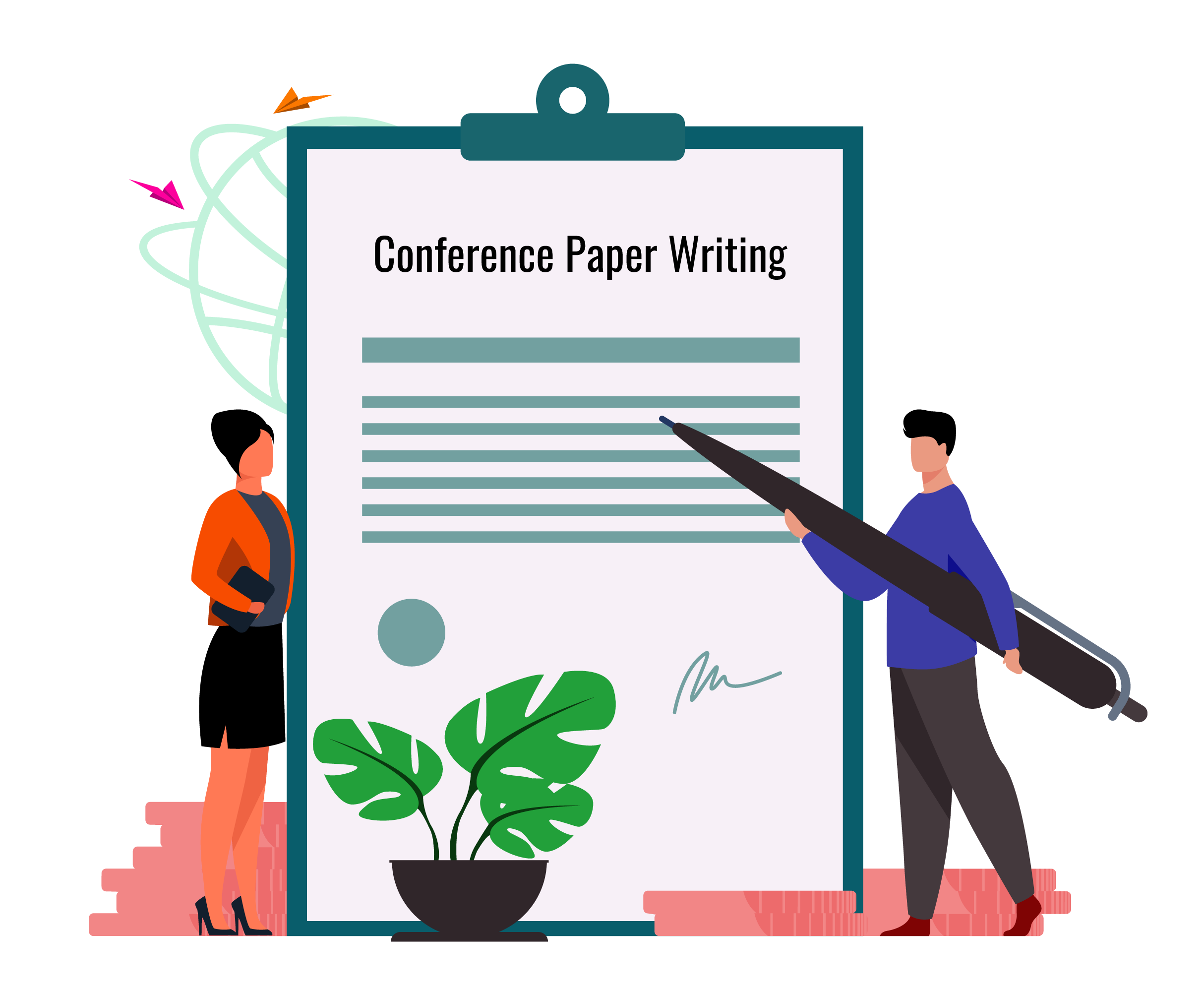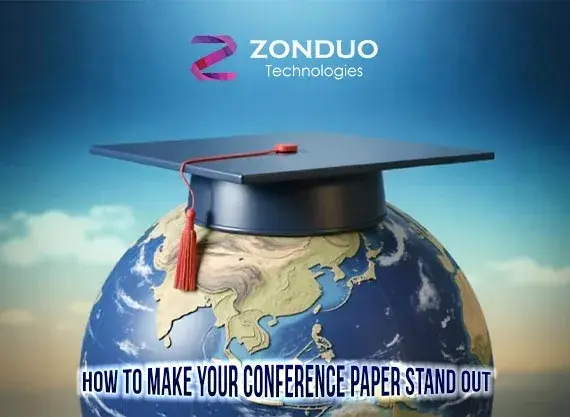CONFERENCE PAPER FORMAT
A conference paper format includes some sections that may vary based on the conference. The general structure will help you write a professional conference paper.
TITLE
Title is the main piece of conference paper presentation, which clearly identifies the focus of the research being presented. The title should also contains the author name, credentials, name of institution and the date of submission.
ABSTRACT
An abstract is the overview of the conference presentation paper. It is the short summary, which gives reader a quick review about the paper’s content and generates a bit interest among the audience.
INTRODUCTION
Introduction should effectively captures the audience attention. It should clearly explains your intentions and approach.
RESEARCH METHEDOLOGY
Research methodology should clearly explain the data collection method and techniques. It briefly describes your methodology of your paper presentation and tools and techniques used by the researcher to gather and analysing the data.
FINDINGS AND SUGGESTIONS
Present the key findings of the conference paper presentation. To illustrate the finding use visual aids like tables, charts and figure are highly recommended.
RESULT
The researcher should clearly state the result of the presentation, allowing the audience to understand the insights uncovered by the research, including all relevant datas.
CONCLUSION
The summary of main findings of the research. This section includes result about the presentation and also consider whether your study requires any future researches.














